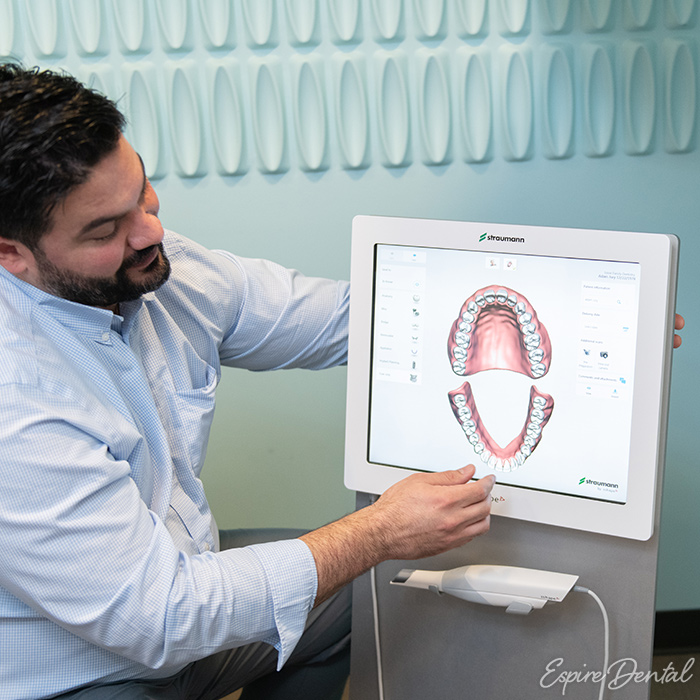
Autoimmune diseases can impact your oral health — here are the conditions that may require extra attention to dental care.
Your immune system defends your body from harmful bacteria and viruses but in autoimmune diseases, a disruption in your immune system can cause it to attack your own tissue. Millions of Americans suffer from autoimmune diseases, a broad category of diseases which can manifest themselves in many different ways.
There are more than 80 different autoimmune diseases, ranging from nearly asymptomatic disorders to severe diseases that require regular medical attention. Every autoimmune disease has a unique set of symptoms, and it can affect nearly every part of your body — including your mouth and your teeth.
Autoimmune conditions can either start at birth or develop later in life. Scientists have identified many factors that could play a role in causing autoimmune diseases, including genetics and hormone levels.You should always be aware of symptoms like lightheadedness, fever, and unusual fatigue that could indicate an autoimmune condition.
Oral health problems can often be a symptom of an autoimmune disease. Here are common autoimmune conditions that can affect your oral health, and the symptoms to look out for.
- Sjögren’s syndrome
Sjögren’s syndrome is a common autoimmune disease that mostly affects middle-aged and older women. Sjögren’s syndrome impacts your liquid-producing glands, including your tear ducts, your tissue glands, and your salivary glands. Because Sjögren’s can reduce saliva production, it can lead to dry mouth, trouble swallowing, and cavities. Sjögren’s can also increase your risk of developing an oral infection.
- Crohn’s disease
People with Crohn’s disease usually begin to show symptoms early in life, when they are in their thirties or younger. Although the most common manifestation of Crohn’s disease is swelling and irritation of your gastrointestinal tract, it can also cause swelling and infection in your gums and lips.
- Diabetes
Type 1 diabetes is a result of your immune system limiting insulin in your pancreas. When type 1 diabetes is left untreated, it can lead to reduced blood supply throughout your body, including in your gums. Because of this, your gums are more likely to become infected, sore, and ulcerous. Type 2 diabetes can lead to similar oral infections.
- Periodontal disease…?
Scientists haven’t determined the exact cause of periodontal disease, also called periodontitis, which can lead to gum inflammation, oral infections, and tooth loss. In many ways, periodontitis resembles common autoimmune diseases. Vulnerability to periodontitis runs in families, and it shares many oral symptoms with autoimmune diseases like Sjögren’s syndrome and type 1 diabetes.
Some studies have suggested that periodontitis is an autoimmune disease, while others have concluded that it merely has an autoimmune component. Regardless of its origins, if you are showing symptoms of periodontitis, you should visit a dentist as soon as possible.
Schedule regular dental appointments
One common trait shared by autoimmune diseases is that they are chronic. Although modern medicine has led to successful treatment options for many autoimmune diseases, these diseases will continue to exist in your body throughout the rest of your life.
If you suffer from chronic oral health problems, no matter the cause, you should maintain a regular dental health routine and schedule regular appointments with your dentist. For expert dentistry in the Denver metro area, schedule an appointment at Espire today. We offer qualified dental care with a patient focus. Your treatment is just a click away!


